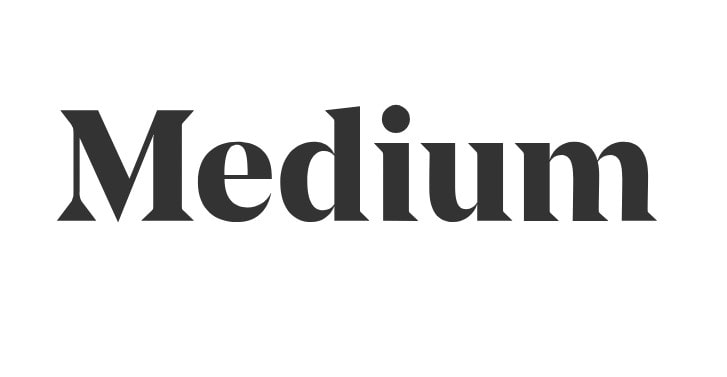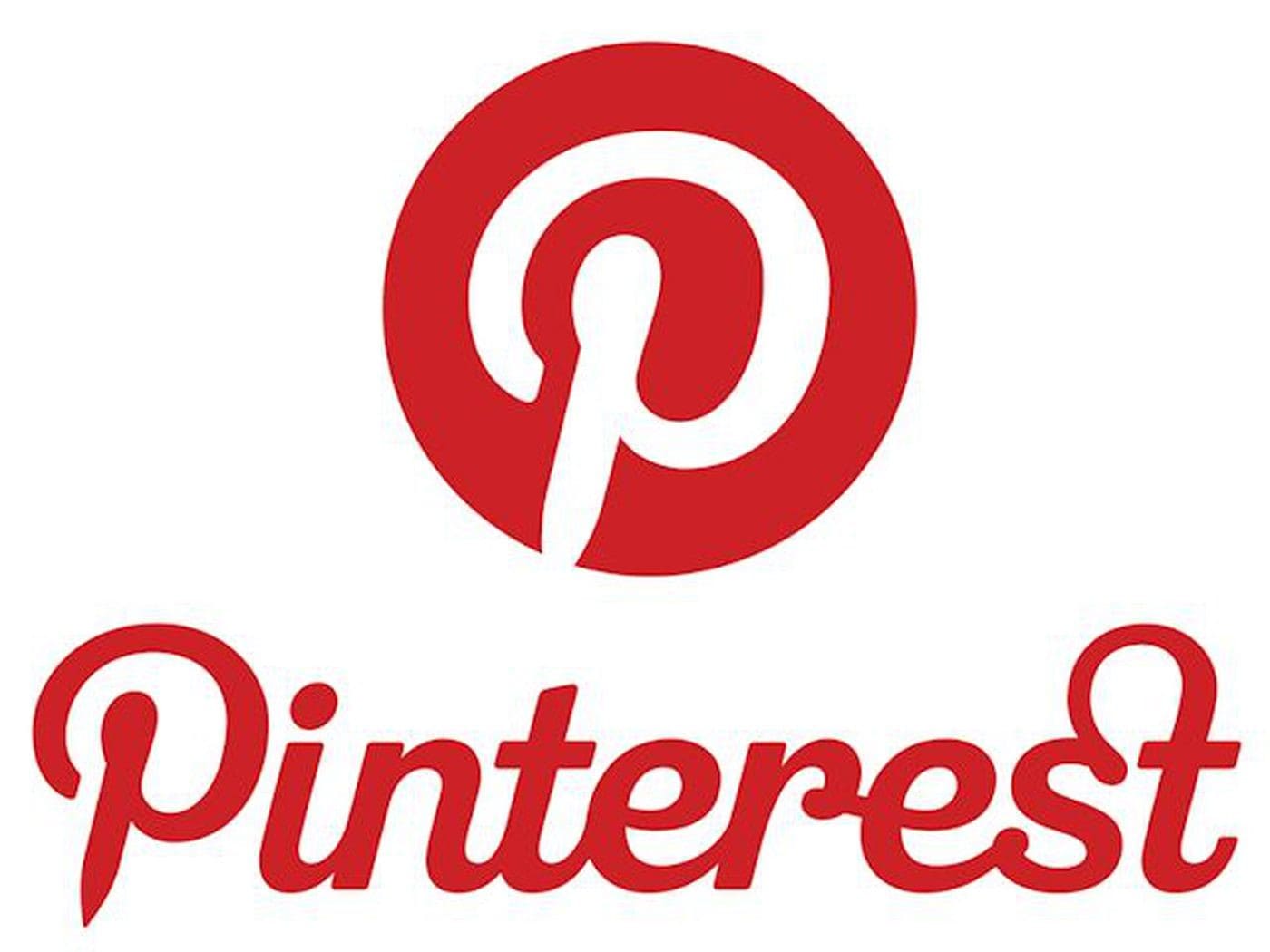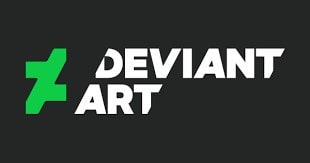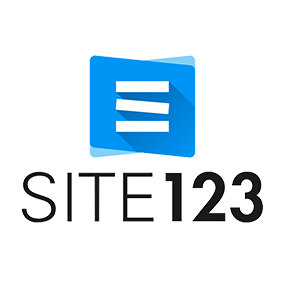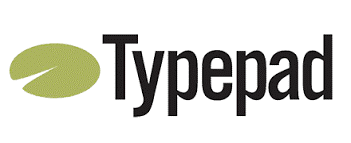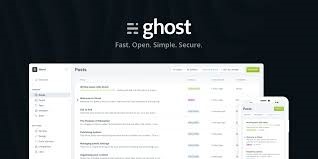Tumblr is a top-rated blogging platform that is beloved by users all over the world. It is a blogging platform that lets users post their thoughts and arts in text, images, and videos. Blogging is You can make an account and follow your favorite bloggers and even make your brand grow to a great extent.
Businesses also engage in blogging to promote their products and gain an insightful social media presence. But Tumblr has its downsides too. Lately, it caught itself in the porn controversy, and the platform went to brim with adult content. You couldn’t use it for ordinary pleasant reading. Children and teen creators were compelled to leave Tumblr.
Even though Tumblr removed adult content but it still at times not appropriate for most users.
That’s Why We Have Curated a List of the Best Alternatives to Tumblr:
1. WordPress
WordPress is, without a doubt, the number one contender to Tumblr. It is the blogging platform that captures all the lovers of blogging. Personal and business profiles exist on WordPress, and it provides you plenty of options to monetize your blog.
People can follow their favorite bloggers and create a vast network of people like them.
You can browse blogs through a ton of categories as per your preference and immerse yourself in a pleasant world of reading books and blogs from authors all over the globe.
WordPress is extremely customizable with its thousands of free themes and a text editor, which you could use for several fonts and sizes.
WordPress also hosts Search engine optimization, making it possible for search engines to display your blogs and hugely expand your reach.
Pros:
- Very popular.
- Enhanced search engine optimization.
- Custom tags and categories.
Cons:
- The Web plug-in thingy can get complicated to understand for beginners.
- Word- the editor is not satisfactory.
2. Blogger
Blogger has been around since 1998 and was recently acquired by Google and received a massive makeover with a dynamic website and a very simplistic yet appealing look.
It is one of the easiest to use blogging platforms. The social networking site comes under Google, and content could very easily be shared over its platforms.
The simple post editor makes it easy to use for users of all ages. Being a product of Google, it effectively uses Google Analytics, which gives users the ability to monitor their monthly page views, followers, traffic, etc.
The user interface looks gorgeous, making users find their way back to it quite often.
You can make an account, drop comments on other people’s blogs as well as follow them.
Pros:
- Extremely easy to use.
- Integration of Adsense makes it very easy for monetization and making money.
Cons:
- If you want to use your domain or custom server, you probably have to learn to code or hire a professional.
- Lack of variety of themes.
3. Medium
Medium has risen to become a trendy blogging platform in recent times.
The ex-chairman and CEO of Twitter found it, so you know that Medium knows best what it’s meant to do. The feature that makes Medium stand out among the other platforms is its focus on quality over quantity.
It does not rank blogs based on views and traffic but rather engagement and the depth of content and how it “connects with readers.” Medium boasts a sophisticated text editor that makes it very convenient to write and edit your text with simplicity and add tags as per your choice.
Further, you can follow your favorite authors and regularly engage on their posts with regular updates. Apart from that, you can set up custom domains quickly, which makes it great if you are aspiring to be a professional.
Pros :
- Medium can easily set up custom domains.
- Uniquely curated and rich content.
- Built-in stats for analyzing engagement.
Cons :
- Google Analytics is not supported.
- Lack of variety in themes and templates.
4. Wix
Wix is, in our opinion, one of the closest blogging alternatives to WordPress and can also be used as a replacement for Tumblr to share your thoughts by creating a website on it. You can post images, videos, and text and import them from a variety of different social media platforms.
Pros:
- Very Popular
- Easy to create blogs
- Professional
- SEO support
Cons:
- Custom domain and other features are paid
5. Pinterest
You must be familiar with this social networking platform because of its hugely increasing popularity in recent times. Its mammoth gallery of pictures, arts, and crafts makes it the go-to place for people with an ‘interest’ in them.
It gives you the ability to pin your content of preference and follow more like it.
The search engine optimization of Pinterest is through the roof as content becomes easily accessible through Google images most of the time. You can also share YouTube videos and Instagram posts on Pinterest.
Pros :
- Content is indexed and accessed through Google.
- Pinterest analytics give you insights about engagement on your posts.
- Extremely beneficent for artists and people with accessory stores and businesses.
Cons:
- Text content is virtually none, as the platform primarily focuses on media.
- Hardly any interaction in the community.
6. Memosnag
Memosnag is probably one of the most diverse platforms for content sharing as almost all types of content like images, videos, text, GIFs, files, and even whole Web pages. You can sort your content in separate posts or comprehensive libraries and galleries as per your preference.
The platform also allows you a certain amount of privacy by offering the feature of keeping your account private. Apart from that, you can reblog other people’s posts and comment on them, providing fruitful interaction and feedback.
The Android and IOS apps make it easily accessible on your mobile device for using it on the go.
Pros :
- Content can be easily stored from third-party websites and links for later referring.
- Browser extensions and mobile applications are available for greater convenience.
- Privacy options.
Cons:
- Custom domains cannot be directed to the blog.
- Lack of variety of themes.
7. DeviantArt
This site is handpicked explicitly for users in search of an alternative to Tumblr to share artwork. The fact that it is a little behind its famous counterparts and lacks some special customization tools is accepted. Still, it has been successful in providing a better service in the discovery of unique artwork. The community is excellent in areas of exploring unique artwork and provides much-needed inspiration. This platform is restrained to the digital form of artwork and authentic handmade pieces of art.
DeviantArt is a fanfiction that many people love to keep up with. It has got a bundle of inspirational poems and artwork. All forms of art contained in this point to the inspiration much needed to start with something authentic.
Pros:
- Sharing artwork is done with agility.
- Availability of a variety of artworks.
- Intriguing fan fiction.
Cons:
- Lack of customized tools
- Limited to sharing artwork
8. Site 123
If anyone finds the creation of a website tedious and complicated, they need to check out the site 123. Even though it does not offer you versatility like Tumblr, it is still perfect for creating your desired websites. Making the website is very simple, and you don’t have to delve into the learning patterns that much.
The only thing on this site that levels up to Tumblr is the substantial collection of templates. Being available in a large variety offers you a chance to create your website according to your heart’s liking. So any website of choice can quickly be completed over here, and it has got you all covered.
The allowance of the usage of your custom domain name for online business and the website builder at your disposal makes the complexity a tad relaxed and gives it a different look to your website. Moreover, you don’t have to go through any unwanted expenditure as such.
Pros
- Very easy to use.
- Variety of templates.
- Easy website creator.
- An option to use the custom domain name.
Cons
- Lack of useful tools.
- Inadequate customization.
9. Typepad
If you’re looking for a powerful yet less complicated replacement for Tumblr, then Typepad is the right choice. Typepad has been recognized by big names like ABC, MSNBC, and BBC to host their blogs.
The availability of various analytical tools makes it easy for the users to start with the necessary process; these tools give you stats about your blog. The traffic on the site has increased because of Typepad’s promotions of various blogs on its network.
The regular features like CSS-based theme editing, Google analytics support, etc . are present too. Typepad provides you with a free trial, but the payment methods are necessary to avail of this. Best suited for bloggers for a well-settled platform.
Pros
- It is quite reliable and established.
- It can import posts from WordPress.
- Hashmap custom domain.
Cons
- Starting plans are $8.95 / month which is a little on the steep side, but in consideration of the free alternatives.
- It is not as extensible as WordPress.
10. Ghost
It’s the result of a successful Kickstarter funding campaign, which is an open-source for blogging to simplify the writings and the publishings of contents. Ghost is based on Node.js runtime environment, which has a good effect on it, making it more responsive. Coming with two variants makes it very similar to WordPress, a web server hosted a package (starting $19 a month) or a self-hosted one ($5-$10 a month).
Ghost is in the process of active development featuring third-party apps, post analytics, and developer tools. The 14 day trial of Ghost is worth it as it is an excellent and fast alternative to Tumblr.
Pros
- Fast-paced, accessible, and powerful dashboard
- It has a real-time automatic formatting function and preview.
- Also has collaborative posting and direct code injection
Cons
- Hosted plans are not economical
- Still in the process of development
Conclusion
So this was our list of the best Tumblr alternatives available on the market. These platforms take you away from the NSFW content of now-Tumblr and offer a variety of newer and much more advanced features.
We hope you appreciate the list we have curated, and you find your platform to create a wonderful blog.
Happy blogging!


